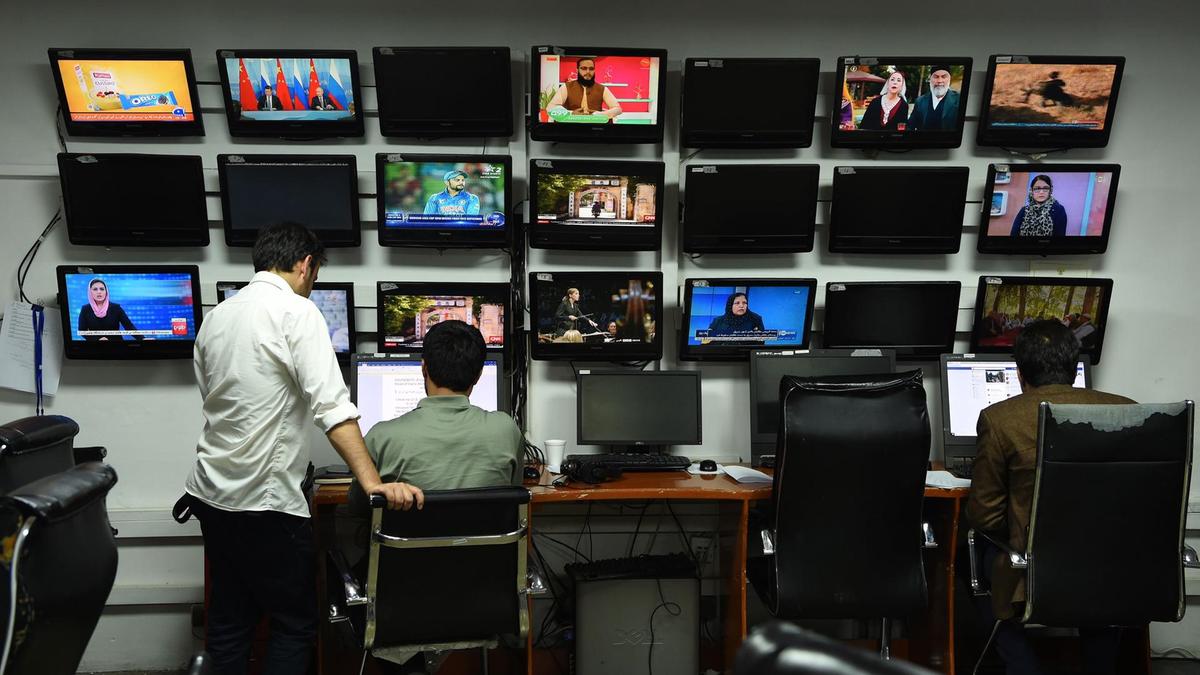Events
Conferences, talks & workshops for PGRs
- This event has passed.
BCMCR Media and Place Research Seminars
November 25, 2020 @ 4:00 pm - 5:30 pm

BCMCR Research Seminar – Media and Place: Panel discussion: Challenging Euro-Centric Conceptions of Feminism in the Asia-Pacific region
1600-1730 Wednesday 25 November
Online event: Please register on Eventbrite at this link; the online meeting link will be emailed out to those who sign up.
While definitions and experiences of feminism vary across different parts of the world, structural gender inequalities and resistance from local authorities to legislate in ways which favour the enhancement of women rights are arguably common challenges anywhere we look. But while there seems to be a consensus on the urgent need to address these inequalities, experiences of feminism(s) across countries of the Global South continue to be looked at through a Western lens, which results in tensions with Western and Euro-centric conceptions of feminism and undermines efforts for real impact and social change.
Working within the framework of BCMCR’s research theme ‘Alternativity’ and drawing on perspectives from India and the South-Asia region, this panel brings together three women who have been at the forefront of the battle for gender equality and women rights across non-Western academic, media and activist circles. Srila Roy will share with us her reading of what feminist and queer politics look like in a globalised India today, Disha Mullick will explore the journey of an independent rural women-only publication from print to online, and Shalini Joshi will present her research on the impact of COVID19 on women in the APAC region, in the light of State crackdowns against women activists, journalists, and freedom fighters.
The panel will be followed by a Q&A session moderated by Yemisi Akinbobola.
Panelists:
Prof Srila Roy is Associate Professor of Sociology, and heads Development Studies at the University of the Witwatersrand, South Africa. She is the author of Remembering Revolution: Gender, Violence and Subjectivity in India’s Naxalbari Movement (Oxford, 2012), editor of New South Asian Feminisms (Zed, 2012) and co-editor of New Subaltern Politics (Oxford 2015). She is currently writing a monograph on feminist and queer politics in globalised India and co-editing a volume of essays on MeToo in India and South Africa. At Wits, she leads the Andrew W. Mellon funded Governing Intimacies project, which promotes new scholarship on gender and sexuality in Southern Africa and India.
Disha Mullick is the CEO of Chambal Media, a company that produces media for rural audiences. Chambal Media runs Khabar Lahariya, India’s only all-women rural news channel, which recently went digital and video-first. Disha trains and mentors disadvantaged women from remote villages of North India to be professional journalists and produce local news in their languages, from their unique perspective. She has an MA in Gender studies from the University of Warwick and is an Acumen Fellow. She has also worked in publishing and as a journalist before her journey with Khabar Lahariya.
Shalini Joshi is the Program Director for the Asia-Pacific region at Meedan where she provides support to fact-checkers, newsrooms, activists and academics involved in addressing and researching misinformation. She started her professional journey with the Nirantar Centre for Gender Education where she trained and mentored rural women from underrepresented communities to come into new and professional roles, often breaking gender stereotypes. She is also the co-founder of Khabar Lahariya, and has been a TruthBuzz Fellow with the International Center for Journalists (ICFJ) where she led Checkpoint – a research project focused on misinformation in the Indian elections in 2019.
Chair:
Dr Yemisi Akinbobola is Senior Lecturer and International Research Partnerships lead for the Faculty of Arts, Design and Media. Her research is focused on gender, media and African feminism. She is also cofounder of the nongovernmental organisation, African Women in Media. She was recipient of the CNN African Journalism Award (Sports Reporting) in 2016.